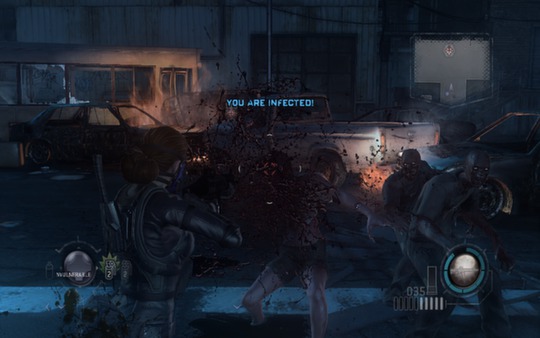

Up until now, Denuvo has been able to stand firmly beside its efforts against PC game piracy with games going uncracked for many months at a time. However, Goebl went on to say that he couldn't comment on the company's practices with individual customers but he did declare, "We do not have any deals in place that offer refunds if a game is cracked within a specific time frame." When one bears in mind Resident Evil 7 being cracked so quickly, it stands to reason that Capcom could possibly remove Denuvo Anti-Tamper from the survival-horror title altogether, and perhaps even attempt to receive reimbursements for potentially lost profits. Given the fact that every unprotected title is cracked on the day of release - as well as every update of games - our solution made a difference for this title."



It's correct that the title in question was cracked some days after release. We will do the same with the learning from this bypass. "As always, we continue working to improve our solution to create security updates for upcoming Anti-Tamper versions. So far only one piracy group has been able to bypass it. "Please note that we always position our Anti-Tamper solution as hard to crack, not as uncrackable. As a matter of fact, Goebl managed to spin the situation somewhat positively to state that not only did Denuvo's anti-piracy program at least briefly deter those who cracked the code, but also the breach will serve as a way to learn more about how to improve its technology. When asked by Eurogamer about the matter involving Resident Evil 7's PC version being cracked in less than a week, Goebl was quick to mention that Denuvo has never once claimed that its Anti-Tamper technology is totally impervious to anyone's attempts to break through the software.


 0 kommentar(er)
0 kommentar(er)
